The Dark Knight Rises Official Trailer #4
Related Articles
Ek Dooni Do Song from Rangoon
aryan, , Promos, 0Check out Ek Dooni Do Song from Rangoon and directed by Vishal Bhardwaj.
Main Tera Boyfriend Song from Raabta ft Sushant Singh Rajput, Kriti Sanon
aryan, , Promos, 0Main Tera Boyfriend Song from Raabta ft Sushant Singh Rajput, Kriti Sanon and directed by Dinesh Vijan.
The World Before Her – Documentary Trailer
sputnik, , Promos, 7Check out Nisha Pahuja’s The World Before Her – Documentary Trailer. It is presented by Anurag Kashyap in India....
Pepsi Ki Kasam | The Zoya Factor | Sonam K Ahuja | Dulquer Salmaan
sputnik, , Promos, 0Song – Pepsi Ki Kasam Singer – Benny Dayal Music – Shankar-Ehsaan-Loy Lyrics – Amitabh Bhattacharya All songs recorded...
Mehram Song from Kahaani 2 ft Vidya Balan
aryan, , Promos, 1Check out Mehram Song from Kahaani 2 ft Vidya Balan and directed by Sujoy Ghosh.
Bengali movie – Chander Pahar – trailer – looks amazing
narad_muni, , Promos, 2https://www.youtube.com/watch?v=w54LYEZE5A0
Recent Comments
- sputnik on Killers of the Flower Moon | Official Trailer | Leonardo DiCaprio | Robert De Niro | Martin Scorsese
- sputnik on Oscar Nominations 2023 Full List
- sputnik on Oscar Nominations 2023 Full List
- sputnik on Oscar Nominations 2023 Full List
- sputnik on Oscar Nominations 2023 Full List
- sputnik on SOTD: Do Deewane Shahar Mein – Gharaonda
- sputnik on Best Hindi Songs of KK
- sputnik on Laal Singh Chaddha Official Trailer | Aamir, Kareena, Mona, Chaitanya | Advait
- sputnik on Thor: Love and Thunder | Official Teaser | Chris Hemsworth | Chris Pratt | Natalie Portman
- sputnik on Jerry Stiller: The Best of Frank Costanza
- sputnik on A Hero – Official Trailer | Asghar Farhadi
- sputnik on Jerry Stiller: The Best of Frank Costanza
- sputnik on Movies You Watched This Month – September 2013
- sputnik on Oscar Nominations 2022 Full List
- cr7 on Movies You Watched This Year – 2020
- sputnik on Movies You Watched This Year – 2020
- cr7 on Movies You Watched This Year – 2020
- sputnik on Scene of the Week: Guess Who’s Coming to Dinner
- sputnik on The Tragedy of Macbeth | Official Trailer | Denzel Washington | Frances McDormand
- sputnik on Moonfall (2022 Movie) Announcement Teaser – Halle Berry, Patrick Wilson, John Bradley
- sputnik on The Matrix Resurrections – Official Trailer
Most Viewed Posts
- My wives may be Hindu but my kids will always follow only Islam: Aamir Khan (121,031)
- Barfi Scenes Inspired/Copied from The Notebook, Charlie Chaplin and Other Movies (112,727)
- Best Hindi Songs on Zindagi (Life) (109,205)
- Blast from the Past: Rekha’s Interview about her affair with Amitabh Bachchan (94,993)
- The Slutty Savitri of Bollywood : Deepika Padukone (94,360)
- Blast from the Past: When Sanjay Khan beat up Zeenat Aman (87,203)
- Blast from the Past: The Terrible Truths about the Thespian Dilip Kumar (67,130)
- THE OTHER SIDE OF AMITABH BACHCHAN (64,787)
- Best Hindi Songs on Dosti (Friendship) (63,539)
- Plagiarism: Sochna Kya Jo Bhi Hoga from Ghayal Copied (37,294)
- Blast from the Past: Alka Yagnik lashes out at Anuradha Paudwal (30,029)
- My Top 10 Horror Movies Of All Time (26,955)
- Chennai Express First Look Poster (20,038)
- My Top 10 Korean Movies Of All Time – FS (18,674)
- Exclusive: The Real Paan Singh Tomar Interview (16,571)
- Jab tak Hai Jaan and Son of Sardaar Box office collections thread (15,516)
- The Original Paan Singh Tomar (14,866)
- Blast from the Past: Parveen Babi and Protima Bedi’s Interview about Kabir Bedi (14,731)
- Blast from the Past: She needs a Shrink – Ajay Devgn on Raveena Tandon (14,581)
- The Most Viewed Hindi Songs on You Tube (12,831)



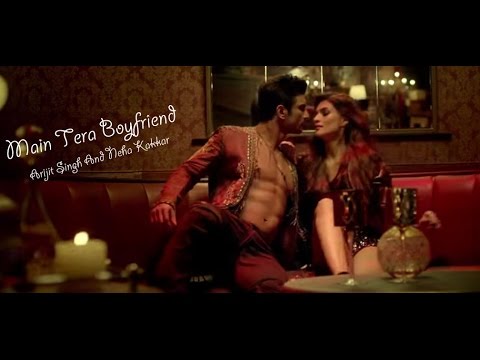
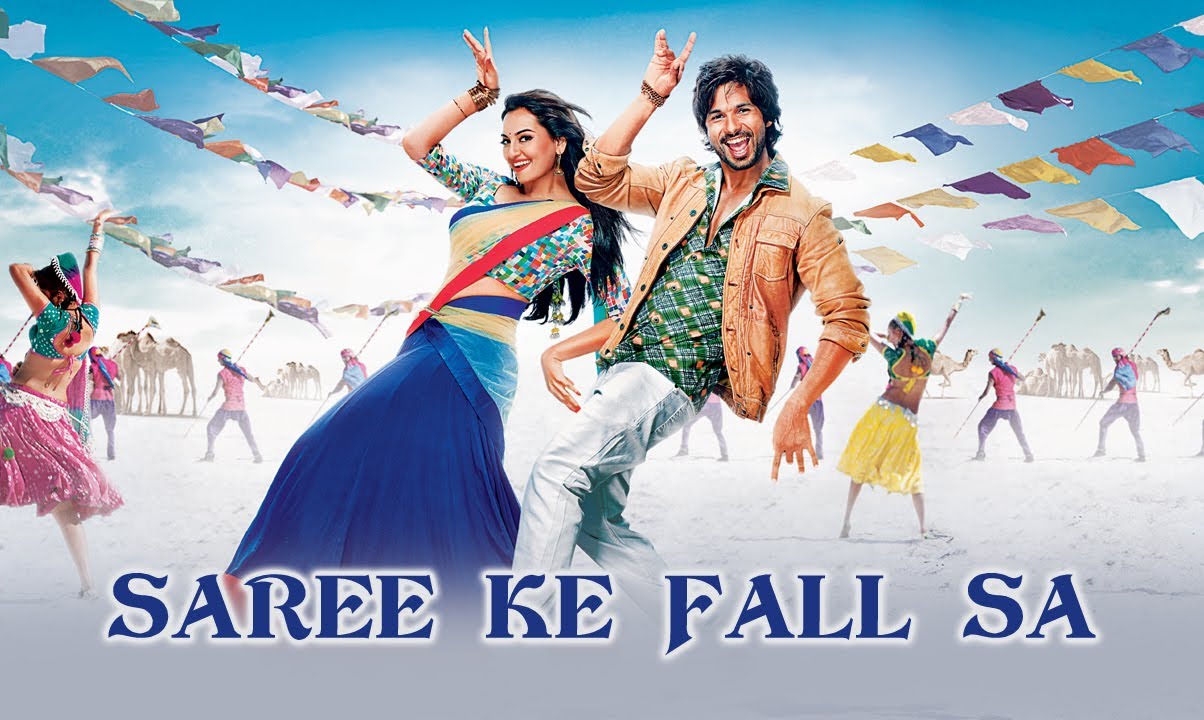
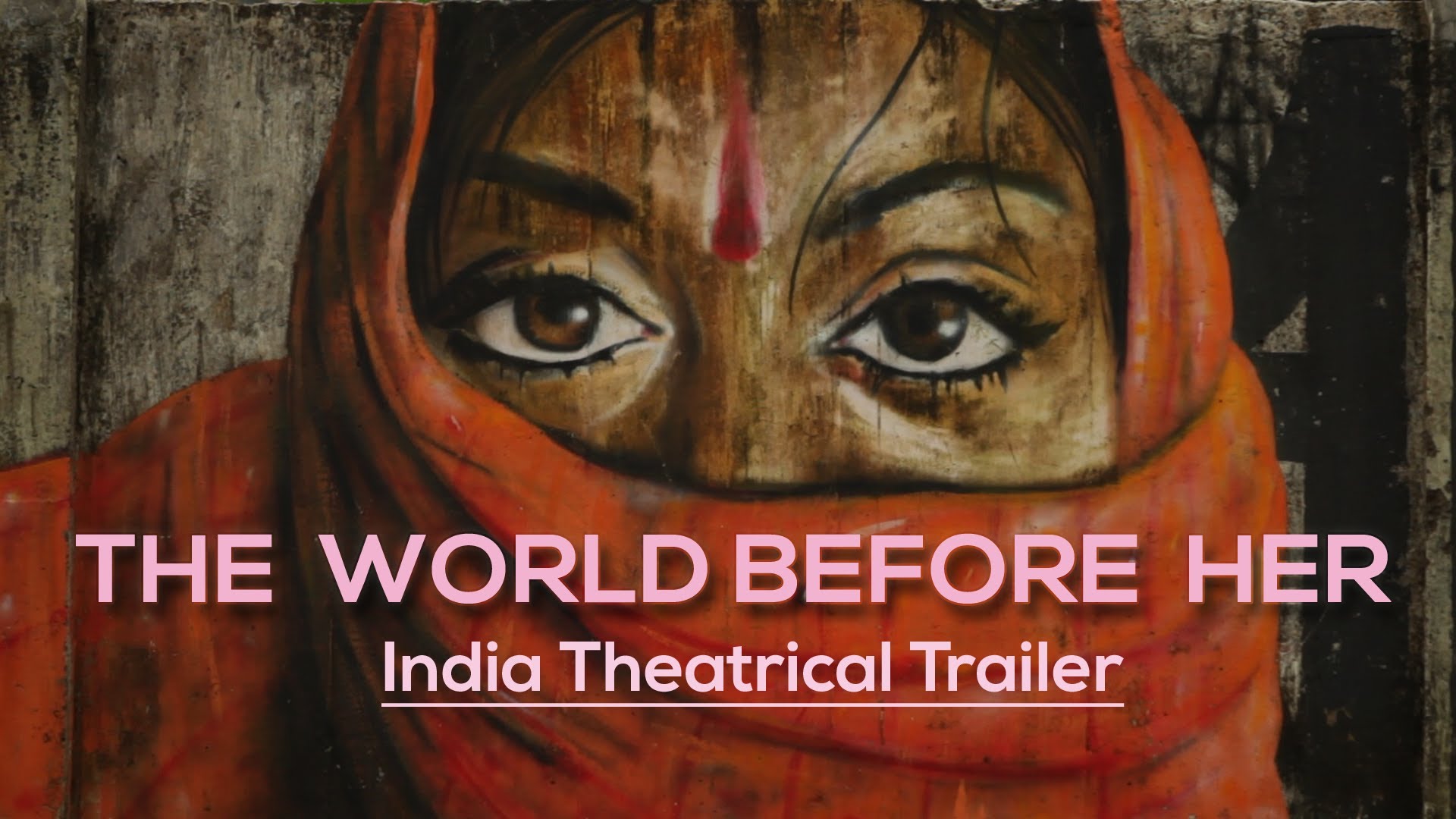
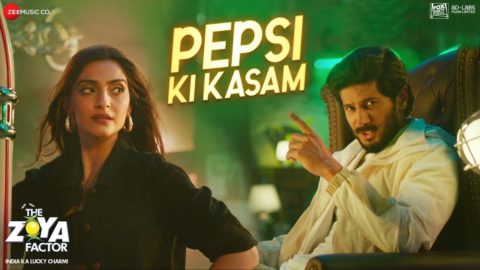
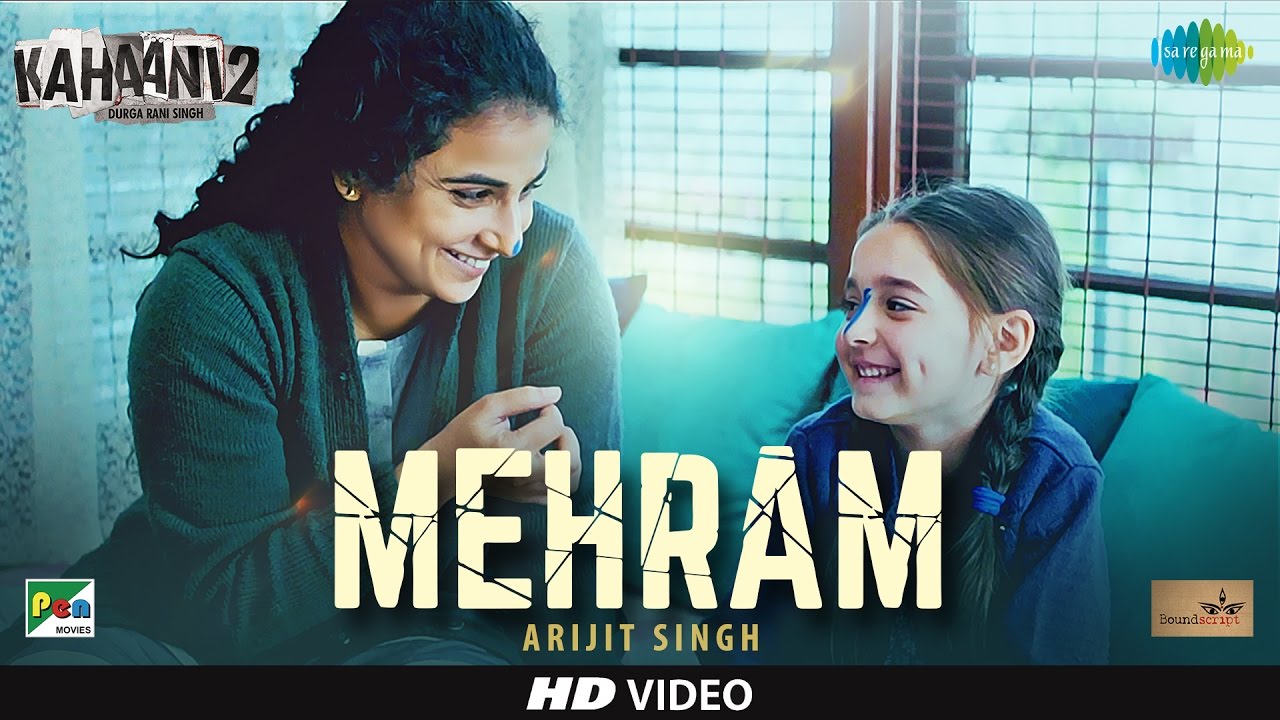


Direction looks great.
i think it wil not be as good as tdk,villian looks weak.
Baba Ji, rest assured that Nolan will create a villain as menacing as ever!
Can’t wait.. First day for me!
Nolan is a genius when it comes to movies and he has provd it several tyms but m still doubtfull whether he vil b able to meet expectations frm TDKR or not. Neways eagerly waiting for dis movie.
Highly Awaited…Will be a Spectacular Movie.
Nolan is GOD…Deserves a Nomination this Year.
Baba,
Tom Hardy as Bane will be EPICness and might even Overshadow Joker.
His Escape Scene frm the Airplane ‘MidAir’ will be Awesomeness & a Visual Treat.
Very good trailer. Excellent background score.
Hans Zimmer On Scoring Batman
Hans Zimmer worked with James Newton-Howard to score the first two of Christopher Nolan’s Batman movies, but for The Dark Knight Rises he’s going it alone. Here, he talks us through the process on all three, what he’s learned and why this really is the end…
WORKING WITH THE DAMNED IN 1980 PREPARED ME FOR A LIFE WITH CHRIS NOLAN. Chris phoned me up, and I remember meeting him and really liking him, but thinking Batman was an impossible task. I really wanted to work with Chris Nolan, but I wasn’t sure I wanted to be part of reinventing Batman. It came with a lot of baggage. I thought Danny Elfman had done a fantastic score for Tim Burton, and I couldn’t think how to do something different. The other problem was that I kept thinking about the duality of Bruce Wayne and the Dark Knight. I wasn’t sure how one person could handle both. As you can tell from my history with The Damned, I was quite ready to go and be the Dark Knight, but I didn’t know how to do the love story. I kept hedging and being coy until Chris asked what the problem was, and I said I didn’t want to do the lovey-dovey stuff! So he suggested I work in collaboration with someone else.
James Newton Howard and I had been saying for years that it would be fun to do a score more collegially, more like a band – going back to The Damned again! We both came from bands, and it didn’t actually turn out as him doing the lovey-dovey stuff and me doing all the dark stuff, but it was really and truly a great collaboration. What happens when you work with a partner, is the partner lets you do the things that you didn’t think you could do. When you work alone you talk yourself out of your crazy ideas, but a partner gives you the encouragement to go forward with them.
It was a really interesting process between myself and James, and Mel Wesson and whoever else we pulled into the band. It was never this un-creative sort of process of the director coming to listen to what the composer has prepared a little earlier, that dry conversation. It was always… there were always several people in the room and it was much more of a free-flowing conversation about what we could really do with the movie. We started off with two massive themes – one James wrote and one I wrote – which we ultimately combined and which actually works better than anything else we’ve done. It’s certainly iconic.
Another part of Chris that I got to know… People love temping their movies when they cut them. They use all sorts of things. There’s a cue from The Thin Red Line which I now call The Forbidden Cue because it’s appeared in more temps than anything ever. If you ever put that thing in, I’m not going to come and see your movie! But Chris, from the word go, wanted original music. We had a sort of two-pronged approach to this dilemma, the dilemma being that I hadn’t finished whatever I was working on. I was in Los Angeles and Chris was in London. Mel Wesson was in London too, so I suggested Mel go to over to the cutting room, to see what sort of thing we needed to start off with. My feeling was that it didn’t even really have to be a piece of music. It just had to be something really iconic, like the flapping of ginormous wings or something. So Mel created that, and that was a good start. We put a pole in the ground with that, and decided we were going to have some of this electronic stuff.
CHRIS NOLAN IS A SMART AND DEVIOUS MAN. Chris kept phoning and describing films to me that he was shooting. I didn’t have any footage, he was just telling me what he was doing on the phone, and saying, “I can’t make this scene work, and I don’t know what music to put in, and I don’t want to use other people’s. Can you just dash something off?” So even though I was working on something else, somehow or other James or I would dash something off and send it over. A lot of the stuff developed that way, sort of in the periphery of my vision, in a way. It was actually quite nice. By the time we came to London to see Chris’ first cut, the movie was populated with all these little ideas and vignettes that we had written… which of course then meant that we sat down and threw it all out and started again! But actually it wasn’t entirely like that. Some of it actually did get stuck, and became the colours and the tones of the whole thing. By the time we finally saw the film, Chris had manipulated these musical ideas in to a fuller form.
The first few weeks on a film are so painful, because I am trying to invent the language.
The first few weeks on a film are so painful, because I am trying to invent the language. On Batman, Chris was making me work subconsciously on the music before I actually even started it, so it never got overwhelming. That’s why I initially said no to Batman, because it is such a responsibility. By Chris feeding me little bits, my psyche could get around it!
I kept thinking and talking to Chris about what I thought the Batman character was. If there was an arc to be had, it was that he sees his parents getting killed – that’s the defining moment of his life – and he feels guilty for it. The theme is interrupted at essentially two notes: it’s never completed, because he never gets past this point. I spent three weeks removing notes from the main Batman theme until I got it down to just two notes. I am very proud of it. It’s always the beginning of a theme. It promises that he can become a hero or a complete man, but none of that ever happens, because he can’t get past that moment. If you listen really carefully in the first film, there’s this little choir boy at one point, and what the choir boy does, through electronic trickery and too much time spent in the studio, his note actually freezes and goes on for about four minutes. I know that’s really dodgy symbolism, but we literally froze him in time.
For me, there was an architectural problem with the film, because really, we don’t get Batman until way into the movie, so I thought if we set up a couple of things you can recognise in a second from right at the beginning, like the ostinato, the little bubbling string figure, when he’s coming, when we get to the moment in the movie when he’s actually going to appear, you’d hear that stuff and really get excited. It was as simple as that. I wanted some little symbolic motifs that would signal to the audience that really, honestly, it is going to happen.
There were endless months of discussion. None of this stuff happened overnight. Actually, it ALL happened overnight – that seemed to me the best time to write Batman music.
I never thought of it in terms of being something where we would have to do a sequel. I always thought of Begins as a self-contained story. You have no idea how I’ve been sitting here trying to complete the story in the third film, just in terms of the narrative of the scores. I need to one way or another bring everything full-circle. It needs to be a life that makes sense, and a journey that we go on with the character. I’ve been looking a lot at the first movie. I feel we have certainly captured the essence of the Batman for the story Chris is telling. My conversations with Chris are about a character with real emotions and real issues. These are things I can relate to. In a way, it’s closer to the comic books than all those other comic book movies. This film is based on a psychological reality. Chris is a real film maker and knows how to deal with the psychology of characters, who is unafraid of approaching the dark side and not trivialising it.
IN THE FIRST MOVIE WE WERE A BIT VAGUE IN TERMS OF THE THEMES. I had my motif for Batman, but then everybody else had bits and pieces, but they would change around. In the second film, The Joker had a really definitive motif in direct counterpoint to Batman’s, and in the third one Bane has an enormous amount of musical material. But it’s not so much really that I try to write themes for characters, it’s more what the character does to the world around him. It’s like, The Batcave is a place, but it’s really about the character, and vice-versa. I try to find music that works well with the environment. I’ve forever been trying to work out how to do Gotham as well, and give it its own tone. It needs to convey that everything isn’t all right, and I’m forever trying to convey a sort of unbalancing of that world, with little undercurrents of danger and unrest.
We used a lot of drumming on Begins, and that was yet another short-cut to making it very masculine. The whole back-story of him ending up in a far-away Oriental culture, I thought was really interesting, so I think the tribal drumming worked in that sense too. It was a way of being masculine without using an enormous amount of orchestral pomp or rock guitars. I was listening to it yesterday actually, and there are parts that are just a barrage of drums. I couldn’t quite get a handle on what this thing was! But I think also that there’s something primeval about the drums, and it balances really interestingly with all these wonderful toys that Lucien Fox is playing with. There’s an idea… What superpower does Bruce Wayne have? The only superpower he has is money. But I’m trying to say that somewhere inside him there’s a core of steel, a strong man with strong convictions, for better or worse, because he’s very ambiguous.
His whole behaviour in the second movie is morally pretty questionable, but there’s a commitment – he’s committed to what he’s doing, and so it’s very important to feel that in the music. I think the music does do that. We only did it twice, when he has that epiphany in the Batcave and then at the end of the movie, how we harmonise that two-note theme, makes it take on a different meaning of resolve.
This one has more action than the other two, perhaps more than them combined. Since Batman Begins, the music we developed generally became the language of action movie music or trailers. You can’t switch on the TV or go and watch an action movie without hearing somebody doing the ostinato. It’s in the subconscious of the cultural zeitgeist now. It was in danger of diluting what we did, so we had to ensure that it was fresher and harder.
When we did TDK, everyone knew were doing another Batman movie, but no one expected it would be the way it was. We want you to have the same experience with this finale. The joy is in the discovery, because this will hit hard. We have come full circle now. In the other films, the themes were building towards something. Here, we reach the end.
When we did Batman Begins, we never thought we were going to spread two notes over three movies!
When we did Batman Begins, we never thought we were going to spread two notes over three movies! The character changes and it’s amazing how flexible two notes can become. In this film, though, the context is much heavier. It’s important for us to say “this is the end”. There is actually one track I wrote that the record company will put out that it actually called “The End” and I mean it! It became a track where I am going “Okay: this is the last note…!”
I have to say that, now I know how it ends, I would have started it exactly the same. The surprising thing is how consistent the tone is, and how in Chris’ writing… I don’t think he knew how the third movie was going to end, but there was an inevitability that was set up in the first one that leads you to a certain place. The defining moment in this character’s life is his parents’ death, and you need somehow to get beyond that point.
I KNOW HOW TO WRITE A BIG BOMBASTIC SCORE – I’VE DONE A FEW! But in a funny way I’ve spent longer hours on these more organic Batman scores, worrying about tiny little details, making new sounds and palettes, and building instruments. We’ve got an armada of technicians working with us. I was forever trying to convince Chris that I wanted it broad but not loud. I wanted it murky and not bright. It had to seem to come from within the movie as opposed to being a score that sits on top of the movie. I wanted the music to seep out of Wally’s cinematography. I brought in Mel Wesson to become a bridge between sound effects and music. He does a lot of the ambient sound design, and you can’t quite put your finger on if it’s a sound effect or if it’s music. He’s painting with sound; that’s really what he’s doing. It was important to create a whole sonic world for these characters to inhabit.
These films are special to us. I’m a terrible procrastinator, and I said to Chris the other day that one of the reasons I’m procrastinating so much on TDKR is that I don’t want it to end! This one especially… I’m not giving anything away, but I was saying to him that all my life I wanted to be a film composer, and all my life I’d wanted to do a movie like this one, but nobody had written it. I didn’t know it would ever exist. And he wrote it. And what am I going to do now?! It’s so ironic that I had to be talked into doing the first one.
https://www.empireonline.com/interviews/interview.asp?IID=1532
And people think only Indian fans are crazy.
‘Dark Knight Rises’ Critic Receives Death Threats
‘At this point it’s no longer surprising when comic book fans crawl out of the woodwork to swarm a critic who pans a rabidly popular geek property. But that doesn’t make it any less discouraging, especially when the level of vitriol reaches the heights (or depths) it has in this case, with readers actively rooting for — or in some cases, outright calling for — the critic’s death.
That critic in this case is Marshall Fine who had the misfortune of publishing the first — and, as of Monday afternoon at 3:00 PM, only — negative review of “The Dark Knight Rises” to appear on Rotten Tomatoes. With nowhere else to vent their frustrations, commenters lit up Fine’s review. In just over six hours, his piece generated a staggering 460 comments on Rotten Tomatoes and 30 more on his own site. The whole thing is a seething cauldron of nerd rage. And it ain’t pretty.
Some commenters approached their death threats with a wink, quoting Bane’s line to Batman that Fine’s punishment “must be more severe” and that they didn’t give him “permission to die” yet. Others were more direct in their hatred. One comment, since removed, kindly requested Fine “die in a fire.” Another from “Jake B,” showing remarkable restraint under the circumstances, just fantasized about beating Fine “with a thick rubber hose into a coma.” Way to take the high road, Jake.
Several Rotten Tomatoes commenters vowed to destroy Fine’s website, Hollywood and FIne, and they appear to have succeeded, at least temporarily; the site was unavailable for much of the afternoon, no doubt thanks to the massive influx of server-crushing traffic. As of 3:00 PM, the site was back up, and Fine’s review (“The third Batman film in Nolan’s trilogy and also the weakest”) was still standing.
In response to the threats, Rotten Tomatoes issued a tweet announcing that “comments that violate our TOS will get you banned from the site” (presumably telling someone to “die in a fire” falls under that category). Regardless, even with stricter enforcement of commenting guidelines, you can expect many more geeks to rise against Fine — at least until another negative “Dark Knight Rises” review gets published.’
https://blogs.indiewire.com/criticwire/dark-knight-rises-critic-receives-death-threats